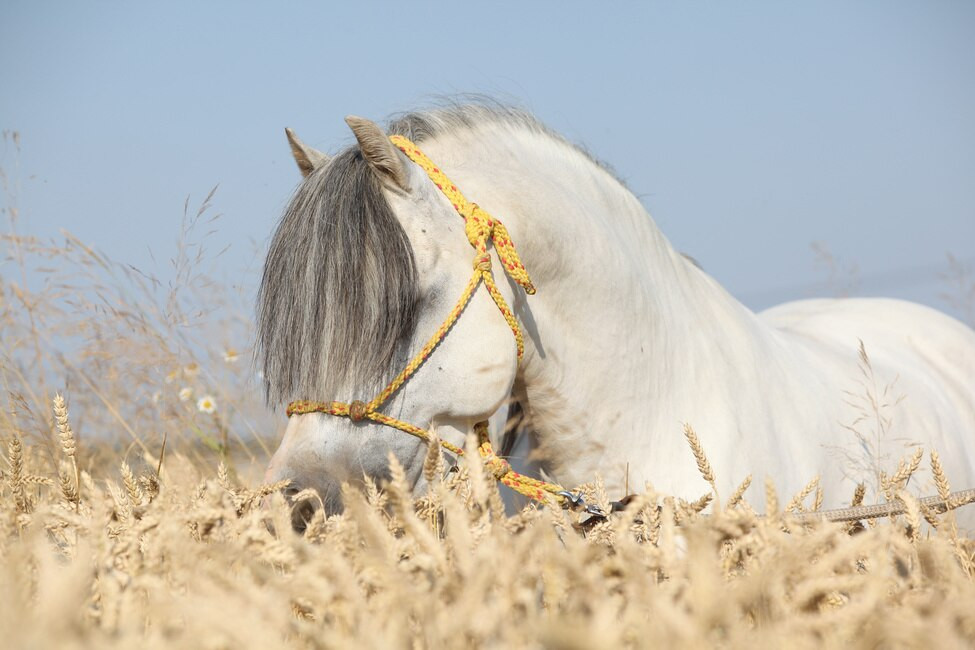
The Problems with Corn Consumption
In this guest question and answer, originally featured on The Horse, Anthony Blikslager, DVM, PhD, Dipl. ACVS addresses whether corn is harmful for horses and explains the health implications.

My horses got into a pasture yesterday where deer corn had been spread, and they ate some of it. Then, last night, they didn’t want to eat anything.
What is the deer corn going to do to them? — via email

What you describe in this scenario fits under the category of “grain overload” in horses. Whether a horse gets into the feed room and eats too much sweet feed (the most common reason for grain overload) or eats corn left out on pasture, the clinical signs are based on how much corn was ingested. With the feed room grain overload, clinical signs are often severe because of the amount of feed consumed, whereas what you describe would mean picking at a smaller amount of corn strewn over an area of the pasture.
Deer corn is marketed for its ability to attract deer, implying that other chemicals may have been added. For this reason, I would collect some of the corn and take it to your local extension service to see if anything has been added. When corn gets into a horse’s digestive tract, it can be cleared rapidly (within six to eight hours) by the stomach and small intestine to reach the colon. This is where it becomes dangerous. The microbes in the gut are responsible for digesting fiber slowly over a one- to two-day period, releasing energy for the horse to absorb. Corn is digested very rapidly because it is a soluble carbohydrate; it’s almost like feeding the colonic bugs sugar, resulting in bacterial multiplication, gas production, and release of bacterial toxins (endotoxins) that damage the colon wall. If a horse ingests enough corn, he might go into fatal endotoxic shock. If your horse ever gets into corn again, call your veterinarian. He or she will administer laxatives such as mineral oil and possibly charcoal to flush out the corn more rapidly and absorb toxins, respectively. A non-steroidal anti-inflammatory drug such as flunixin meglumine (Banamine) can also be given to limit the endotoxins’ effects. For severe cases of endotoxic shock, intravenous fluids and additional intensive medical care are needed. One other very worrisome complication of the toxin release is laminitis, so treatment should also be aimed at reducing resulting inflammation of the foot as soon as possible.
On a cautionary note related to your horses getting into deer corn: Always be particularly careful managing horses that get into feed made for other animals, like cattle, pigs, and poultry. Because other animals digest differently, manufacturers make their feed differently and may include growth promotants that are toxic to horses. Again, always call your veterinarian if this happens, and collect a sample of the feed.

